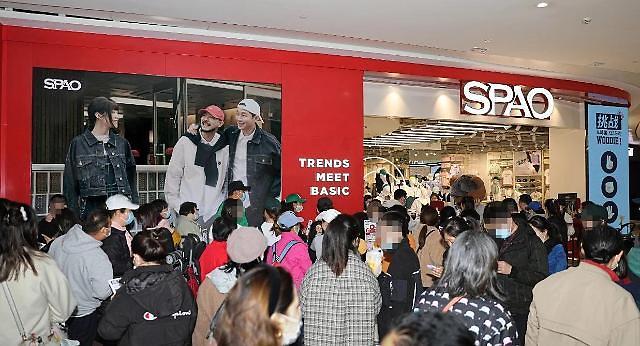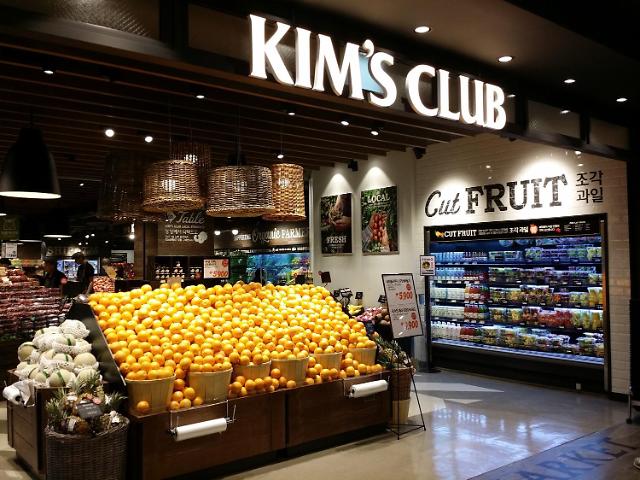
[Courtesy of E-Land]
SPAO's landing on the Chinese apparel market was successful at the start when the E-Land group opened its very first Chinese SPAO store in Shanghai in 2013 to attract picky young Chinese customers with items differentiated from the ones sold in South Korean stores. However, E-Land's ambitious business plan was staggered when the diplomatic relations between Seoul and Beijing went sour after the South Korean government deployed the Terminal High Altitude Area Defense (THAAD) system, capable of detecting mid-range ballistic missiles and intercontinental ballistic missiles that are up to 1,000 kilometers away, was deployed in 2017.
Although the Chinese government did not instigate public hate against South Korean brands, Chinese customers strong with patriotic pride shunned South Korean-made products. To make things worse, Beijing locked down major cities to prevent the spread of COVID-19 during the first few years of the coronavirus pandemic, forcing E-Land to shut down some 25 stores across the country to minimize damage. Other E-Land clothing brands that operated some 300 stores in China also faced a similar situation.
The South Korean casual wear brand appointed E-Land's CEO Choi Woon-sik as the head of SPAO's headquarters in South Korea and China. "Sales in the Chinese market grew by 460 percent on-year in the first quarter of this year. We thought now is the time to target the global market starting with the Chinese market that is recovering sales rapidly through the 'reopening,'" E-Land said in a statement.
The apparel giant will unite the operations of its Seoul and Beijing offices to maximize operating efficiency and speed up the globalization process. "So far, SPAO has only sold China-exclusive products in the Chinese market but from this year, the South Korean office will play the role of the main headquarters and roll out the same products both in South Korea and China," E-Land said.
Copyright ⓒ Aju Press All rights reserved.




